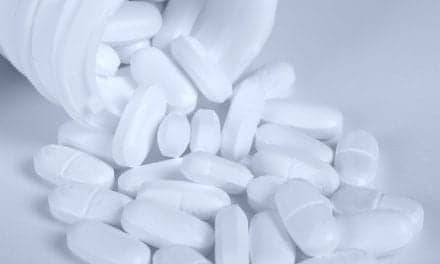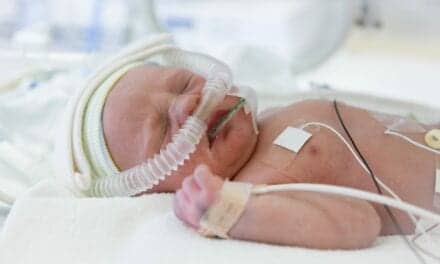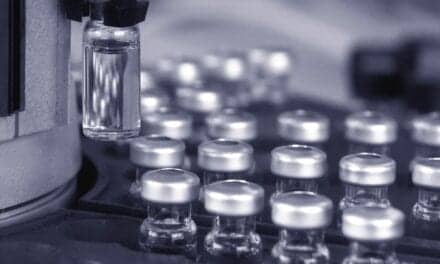The addition of Arikayce to guideline-based therapy (GBT) was superior to GBT alone in patients with refractory Mycobacterium avium complex (MAC) lung disease, according to data presented at ATS 2019.
Arikayce is an FDA-approved, once-daily inhalation suspension containing amikacin and delivered via Pulmovance liposomal technology, which enables the delivery directly to the lungs. Arikayce is administered once daily using the Lamira Nebulizer System from Pari Pharma GmbH.
Insmed Inc’s Phase 3 CONVERT study specifically found that Arikayce + GBT was associated with sustained culture conversion through the end of treatment as well as durable culture conversion three months post-treatment compared with GBT alone.
As previously reported, the addition of Arikayce to GBT eliminated evidence of MAC infection in sputum by Month 6 in 29.0% of patients, compared to 8.9% of patients on GBT alone.
The new data showed that among patients who achieved culture conversion by Month 6, 80.0% of those receiving Arikayce + GBT sustained culture conversion for up to 12 months of treatment after the first dose that defined culture conversion compared to 30.0% of patients receiving GBT alone.
Three months after the completion of treatment, 63.1% of patients receiving Arikayce + GBT maintained durable culture conversion, compared to 0.0% of patients receiving GBT alone (p=0.0002). These durability data were consistent with interim durability data from the CONVERT study announced in January 2018.
Treatment-emergent adverse events (TEAEs) were reported by 98.2% of patients who received Arikayce + GBT and by 91.1% of patients who received GBT alone. The most common TEAEs were dysphonia (46.6% for patients receiving Arikayce plus GBT vs. 1.8% for GBT alone), cough (38.1% vs. 15.2%), dyspnea (21.5% vs. 8.9%), and hemoptysis (18.4% vs. 14.3%). Serious TEAEs occurred in 20.2% of patients who received Arikayce plus GBT and in 20.5% of patients who received GBT alone.
“These longer-term findings from the CONVERT study suggest that the culture conversion achieved by many patients during the first six months of taking Arikayce combined with guideline-based therapy could be maintained throughout the course of therapy,” said David Griffith, MD, principal investigator of the CONVERT study.
“Importantly, the data also suggest that many patients who complete the full course of therapy may be able to maintain durable culture conversion three months off all treatment, which would be an important advance in the treatment of refractory MAC lung disease. These insights from the CONVERT study are critical as we build our understanding and experience with Arikayce.”









